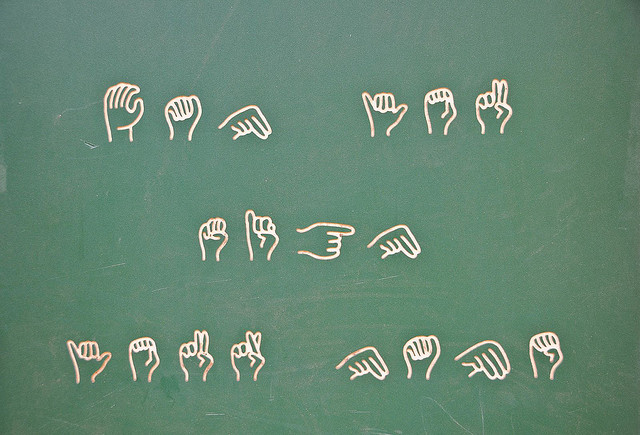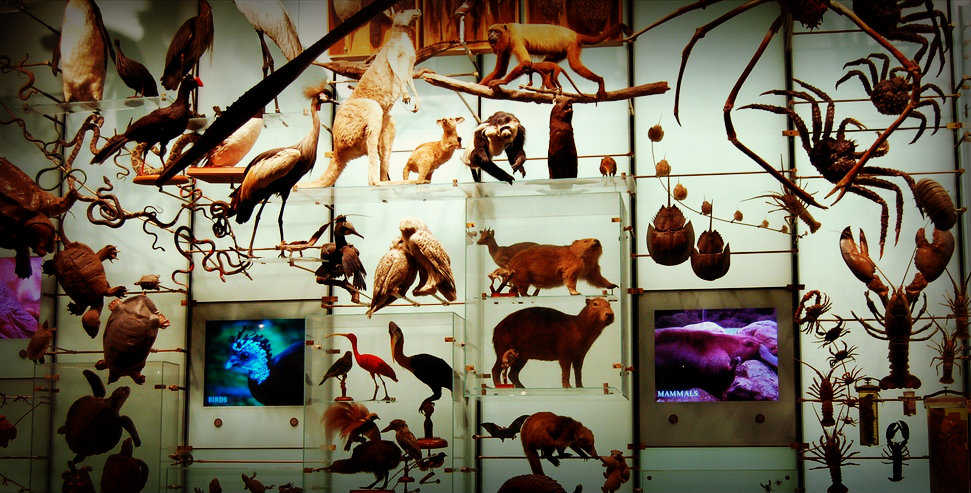Search Results for Tag: culture
Globalisation is cutting the tongue – the high-speed extinction of spoken languages
What do you think, how many languages are spoken worldwide? The sheer number is incredible – 7000 different tongues can be heard all around the world, our #numberoftheweek. Due to our more and more globalized world a lot of these languages are on the brink of extinction.
Thankfully, Tatsuya Amano, a zoologist at the University of Cambridge (UK), and his colleagues have set up a database to document the languages of the world. The database is called Ethnologue and it provides the number and location of surviving fluent speakers – and is the first one to do this on a global scale.
One of the main reasons for a cut in tongues is said to be economic growth. As ZMEScience writes, “young natives flee to burgeoning urban centers to find jobs, the tongues of their ancestors die with the little remaining old populations that still choose to live in their homelands and retain their ancient customs.”
Every two weeks a languages dies with it’s last speaker. And the situation is comparable all around the world. About one quarter of all languages has fewer than 1000 remaining speakers, the ZMEScience states. Linguists think that about 3000 of the almost 7000 languages listed in the Ethnologue archive will become extinct within the next century.
Nature and Culture: Diversity rules
Relax. Breathe. Feel your pulse. Is it regular? Good. Because that, of course, is why you are alive. It shouldn’t be monotonous though. That could mean you might be in trouble soon. It’s a startling discovery scientists made back in the 1990s: A heart that beats with little variability can herald anything from cardiovascular disease to cognitive problems – even heart attacks. Variation, in other words, is key for life. Love or hate that metaphor – but this idea that variation and diversity are not merely coincidental but fundamental to live is what ties nature to us humans.
Cultural diversity is shaped by biodiversity. That’s what experts say, who have started to look at this connection in greater detail over the last years:
Nature and culture converge on many levels that span values, beliefs and norms to practices, livelihoods, knowledge and languages. As a result, there exists a mutual feedback between cultural systems and the environment, with a shift in one often leading to a change in the other. [For instance,] If plants or animals are lost then the words used to describe them are often lost from a language shortly after
Ok, that gives an impression of how cultural and biological diversity are connected. But why is that diversity important? An ecosystem that is more diverse is better able to adapt to or survive massive disturbances, i.e. anything from natural disasters to fungal infestations to “human disturbance”. Or conversely, if mono cultures get hit by disasters it can be catastrophic. A single type of bug has the potential to wipe out whole crops, for instance, if they consist of plants that happen to be susceptible to the intruder. The present crisis faced by the global banana industry is a good example. So, in short: If it’s more diverse it’s more robust.
But it is just that resilience and durability of local landscapes, forests, lakes, plant and animal life that provided the stable setting in which humans could develop their culture and cultures in all their facets. Social scientists say that, similarly, this cultural diversity makes societies more robust, too:
Cultural diversity, and the knowledge, innovations and outlooks it contains increases the capacity of human systems to adapt and cope with change.
Melt!
Melt! is Europe’s largest indie and electro music festival. Taking place in July every year, the 2011 installment saw 150 DJs and bands perform in front of a 20,000 strong crowd. When the music plays the heat is on. That’s not always a good thing: instruments, lighting, logistics plus thousands of fans camping out on site are gobbling up huge amounts of energy. The CO2-emissions of the 3-day event are on a par with that of a small town. But this year climate protection is part of the act. Find out how in our latest GI report.
In addition here are interviews on the issue with some of the artists. Daniel of projecthires.com has quizzed the Melt!-line up about climate change and the need for action.
Click here for more of Daniel’s video interviews.






Feedback